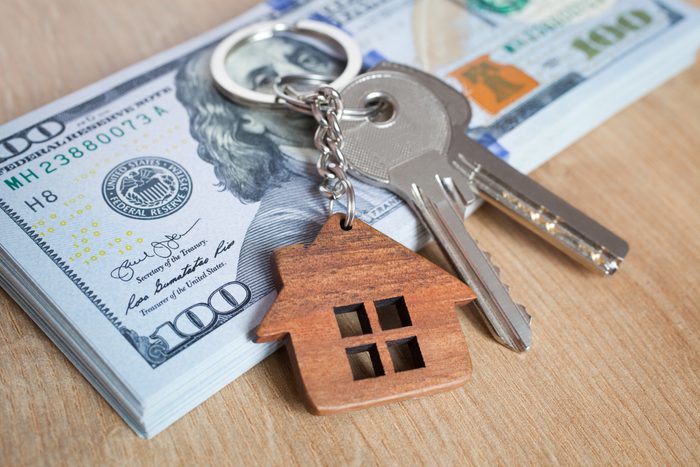Moving out? Understand your lease and your rights if you want to get your security deposit back.
10 Things That Can Cost You Your Security Deposit
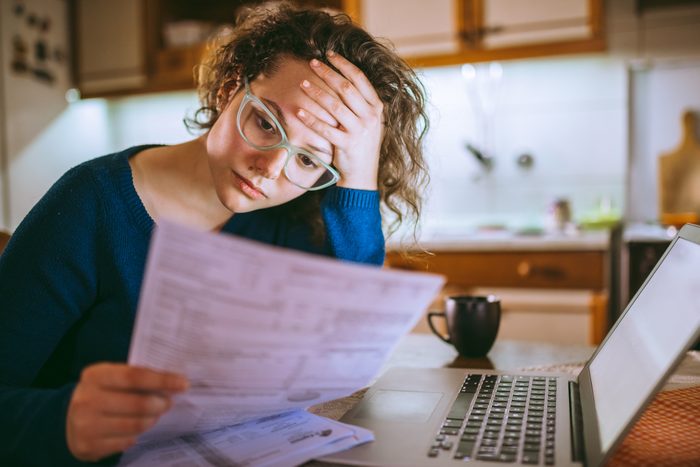
Unpaid Rent
This one is a no-brainer. If you don’t pay your rent and the security deposit is just sitting there, landlords can use it to cover the deficit. New York allows this practice, Barone says. According to FindLaw.com most other states do as well.
This doesn’t mean you can skip out on the last month’s rent! Security deposits are governed by different laws and are meant to cover damages, not rent. Your landlord will need to approve any non-traditional arrangements.
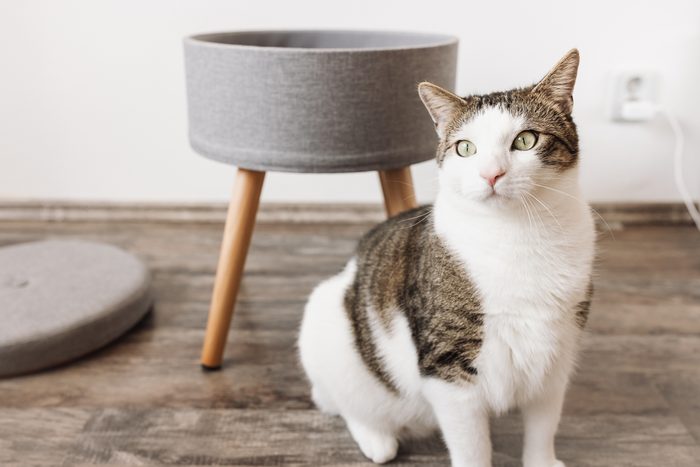
Pet Damage
A little pet hair may be no big deal to a landlord. But if your dog constantly scratches the back door, or your cats can’t hit the litter box, that’ll probably cost you.
Security deposits can be applied to clean carpeting, replace the door, or paint or fix anything that your pet damages. If you’ve paid a pet deposit, that may cover you, but not all states allow separate pet deposits. And sometimes pet deposits are actually non-refundable fees, so read your lease carefully. Here’s how to repair your pet-damaged furniture.
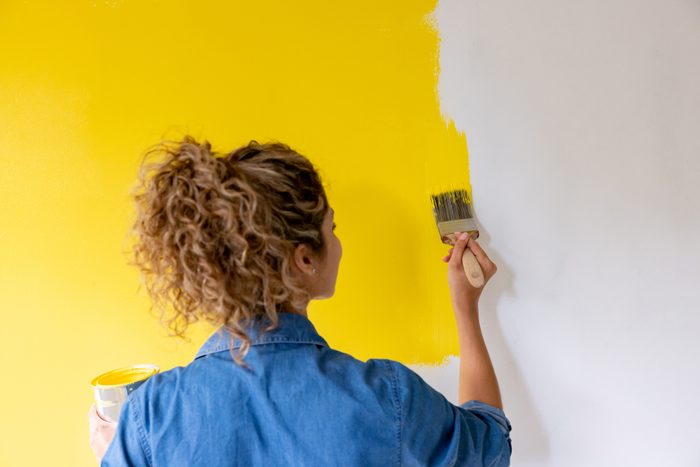
Painting the Walls
Not a fan of your landlord’s choice of paint? Consider getting over it. After rent and pet damage, Barone says painting the walls a new color is a common reason people lose their deposit. Leases often stipulate that tenants should not paint without prior approval.
Don’t assume you can simply paint it back when you move out. That may be the remedy, but you’re risking your deposit and your relationship with your landlord by not checking first.

Smoke Damage
If you’ve ever been a smoker or lived with one, you know the odor from cigarettes (and increasingly, cannabis) lingers. Check your lease and any local laws before lighting up indoors or even outside the property. States and cities often prohibit smoking in multi-unit buildings because smoke easily drifts between apartments.
Beware trying to get around the ban, too. Painted walls and carpeting soak up smoke like a sponge. If your lease prohibits smoking and you do it anyway, your landlord’s going to notice. Carpet cleaning, fresh paint, fixing burn marks — any of these costs can be taken out of your security deposit.
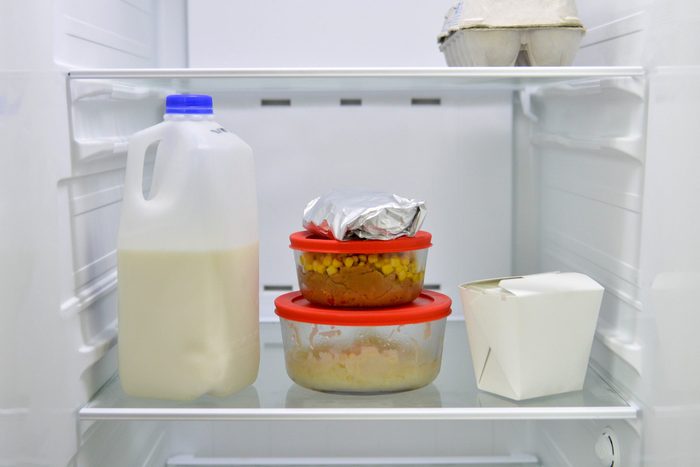
Leaving a Mess Behind
When you move out, your rental unit needs to mostly look the same as the day you moved in.
Remember, normal wear and tear is OK. Slightly faded wallpaper, a bit of peeling paint, worn linoleum by the back door … these are all pretty standard. But if you’ve left behind a pile of garbage and rats have taken up residence, that’s on you.
If you clean out the refrigerator, take out the trash and don’t leave a huge mess for the landlord to deal with, you’ll probably get your deposit back. Psst — if you are moving out, this rental move out checklist might come in handy.
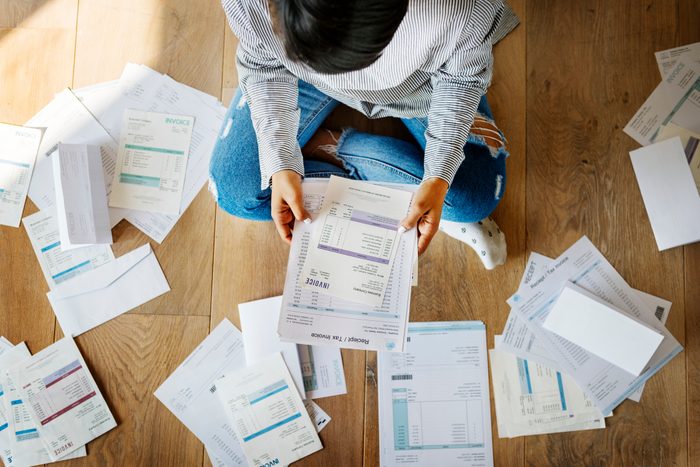
Unpaid Utilities
Just like unpaid rent, landlords can apply your security deposit toward unpaid utilities. It depends on your state and your lease agreement, though.
Do you pay utilities directly to your landlord, or did you set up an account with the utility company? Do you have a separate meter for your property, or share the utilities with other tenants or the landlord? These key distinctions may make a difference, so check your lease and your state laws regarding unpaid utilities to understand your rights.
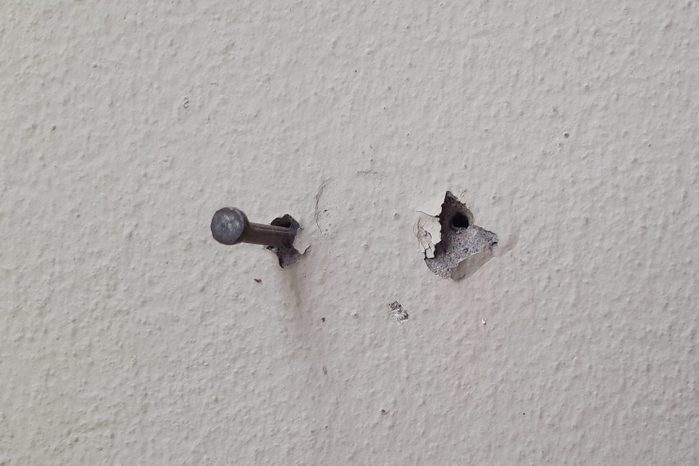
Damage to Walls
We all want our homes to reflect our personal style, and provide a space where we can entertain or enjoy our time alone. But before you punch a bunch of holes in the walls hanging heavy artwork or televisions, check the lease.
Small picture hangers are probably OK, but Barone says your landlord may expect you to restore the walls back to their original state. If your lease doesn’t mention walls specifically, ask your landlord if your security deposit will be affected.
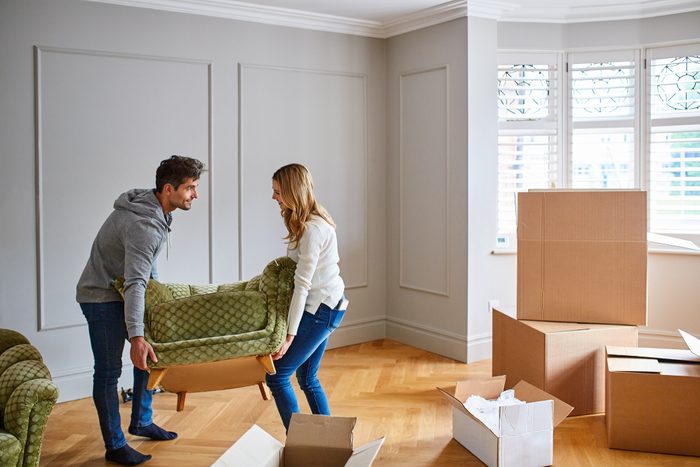
Moving Your Stuff
When you move out, take all your stuff with you. Your landlord doesn’t want to deal with that moldy old couch any more than you do. And if they have to call a moving company to haul it to a storage facility, that’s coming out of your security deposit.
Some states have specific laws for dealing with a tenant’s voluntarily-abandoned property, while others, like Texas, speak mainly to eviction proceedings. Depending on where you live, your landlord could be required to keep your property and give you a chance to come and get it. Those costs add up.
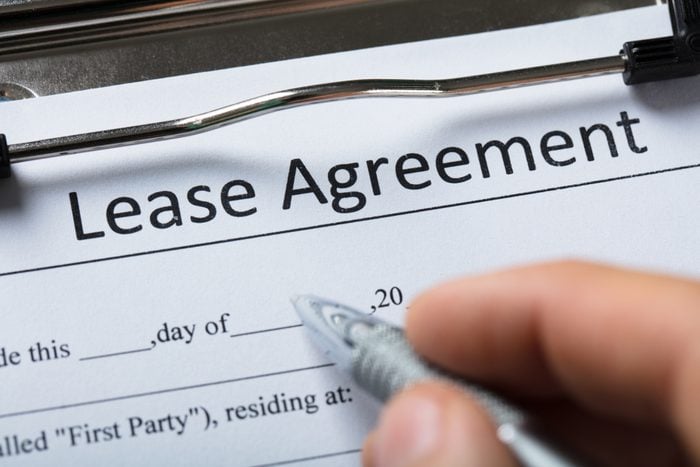
Breaking Your Lease
Unless you have a legally-justifiable reason for breaking your lease, you’re generally required to pay the rent remaining on the lease term — and you may even forfeit your security deposit.
In many states, it’s OK to break your lease if you’re called up for military service, you’re the victim of domestic violence or your landlord fails to provide a habitable place to live.
If you need to move for a job or school, you may be out your deposit, but talk to your landlord. If they can find a replacement tenant, you may get it back, especially if you’ve been a good tenant.
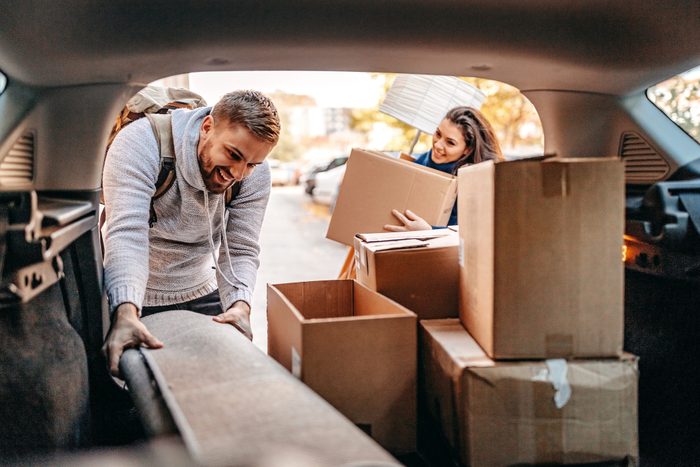
Unreturned Property
Whatever came with the rental when you moved in has to be left behind when you leave, so don’t accidentally walk off with anything that’s not yours.
If you decide to steal the patio furniture, that’s of course coming out of your deposit — and the landlord could even call the police. But even small things, like the cost of replacing a garage door opener, are fair game. Review your lease and the move-in inspection to make sure you return all your landlord’s property.




















